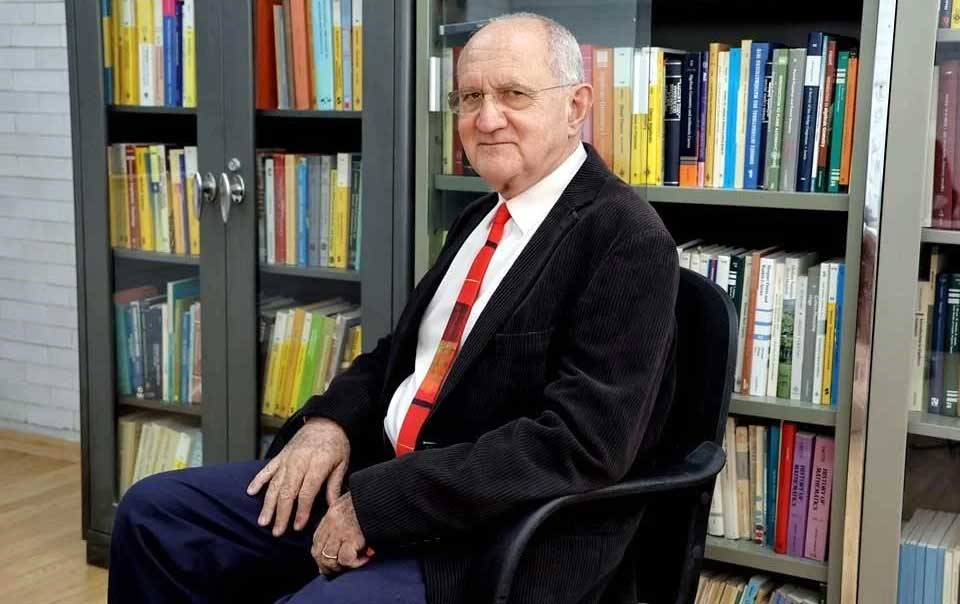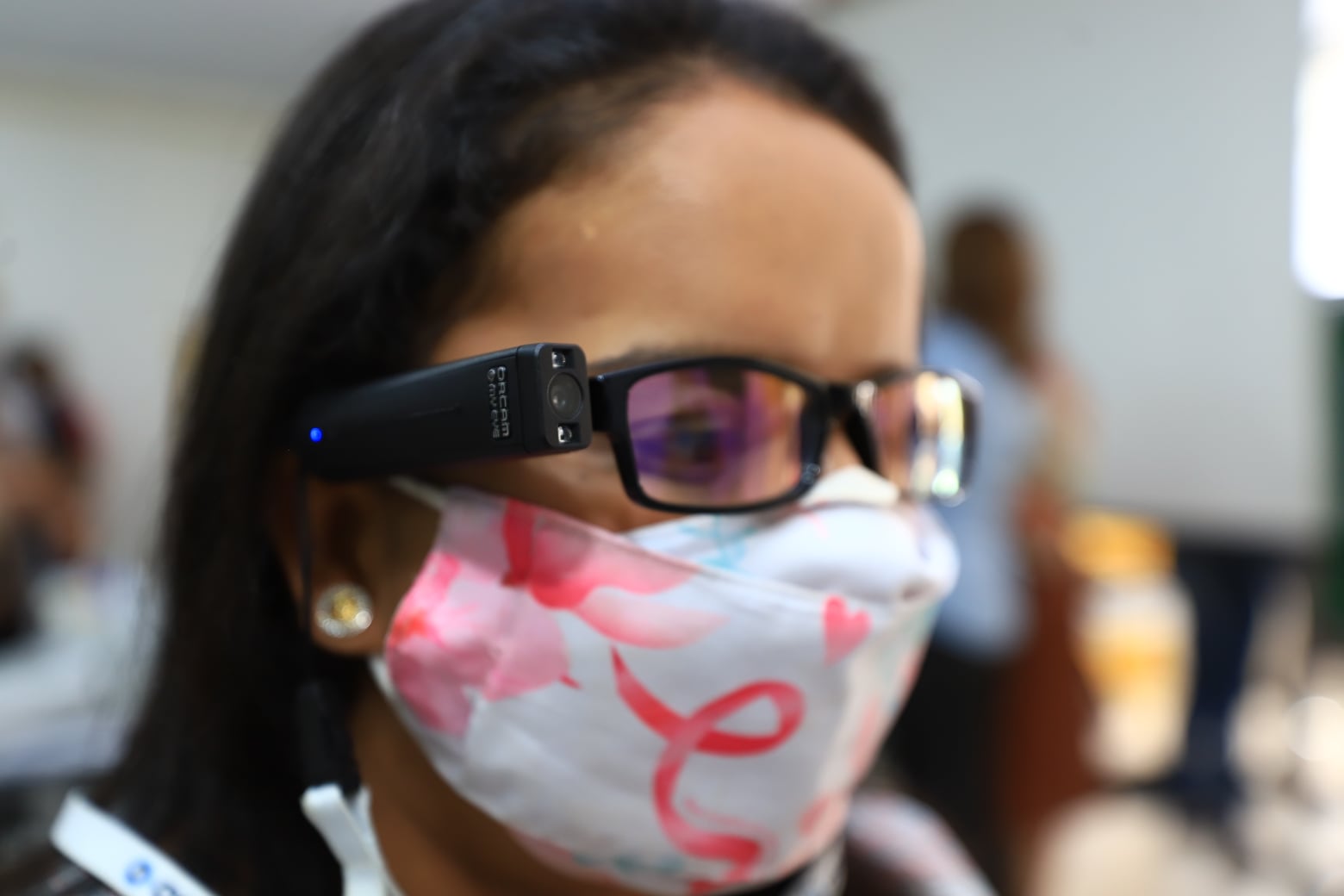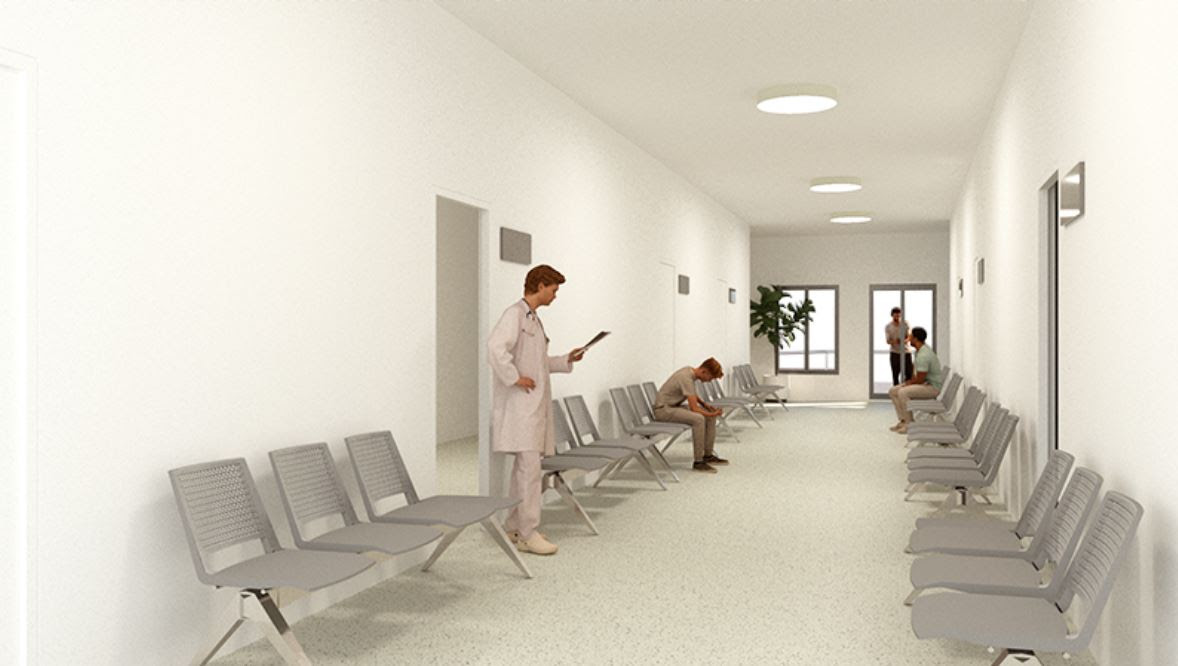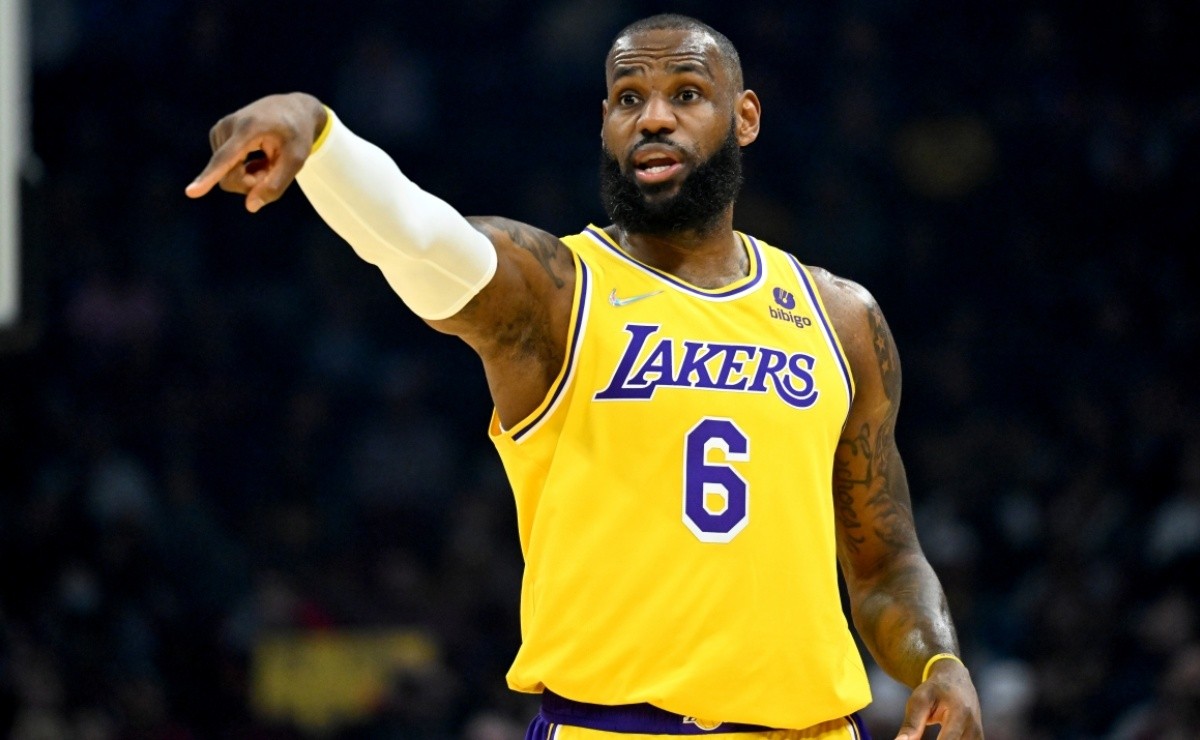Mexico City.- Throughout this six-year period, says mathematician José Antonio Seyade Curie, science was on the national agenda “for better or for worse”.
“And we scientists have had very special moments,” one union member highlighted in an interview he referred to repeatedly from the presidential podium, the same interview in which they were called “the mafia” only a few months into the administration.
“I think all of this has made us strong, and I think all of this is an opportunity to take a step forward as a society,” says the researcher at UNAM’s Institute of Mathematics, who served as the university’s president. Mexican Academy of Sciences (AMC) on Aug. 3.
What doesn’t kill us…?
Exactly, and this did not kill us, nor will it kill us.
From his new position at the helm of AMC, where he joined as a member in 1985 and has served as vice president since 2020, Seade Kuri (Mexico City, 1954) now faces the far from easy challenge of reviving the corporation. whom he considers the main spokesman for the national scientific community, which the government in turn left to its fate.
“For decades, the Academy has received very strong support from the government. This has allowed us to grow, has allowed us to promote ourselves, has allowed us to start important programs that have made a mark in the country and cost us a lot of money.
“With the change in national policies, the flow of money ceased to exist,” says the mathematician. “We as an academy are used to receiving money, (but) now we have to get it.”
How much was this support?
A few million, several million. It has allowed us to have a team of 55 employees; Those 55 have now been reduced to 9, and these nine are on half the salary they had (…) We call them the Dream Team, because they really do have an impressive love for the shirt.
Those of us who are on the board of directors of the academy not only do not get their salaries, but it is difficult for us, because we have to pay for many things ourselves because there is no money.
In February 2019, in what he confirmed would be the first of the monthly conferences in which he would share details of his administration – which did not happen – Conacyt’s then director, Conahcyt today, María Elena Álvarez-Buella, announced the separation of resources from nearly two dozen academics and scientific societies in the country , including the Arab Medical Council, under the pretext that it is funded from the fees of its members.
This has spawned such important programs as Summer of Research, Science at Your School, and the National Chemistry and Biology Olympiads — which year after year have benefited more than a million people, according to AMC’s former president, Jose Luis. Moran Lopez – had to be suspended, or, failing that, survive on a limited basis with the support of their communities.
“Obviously what we can do has been greatly reduced because we no longer have the support, we don’t have the capacity. So now we have to build little by little.
“I was specifically at breakfast with a company. We’re seeing if we can partially revive one of the popular programmes: Summers of Research. We want to revive everything, but we have to do it little by little,” says Seade. Korean.
Given that it has a membership of just over 3,000, is it not possible for the junta to sustain itself through a quota system, as suggested by Alvarez Buela?
Yes, it is viable, which is what allowed us to survive. But we cannot hire people to promote different programmes; We don’t have any kind of financing at all. So, it forces us to be very limited. If we want to do something, we need money.
When asked about the way in which this situation will be mitigated, Seyadi Kuri calls for the need to build bridges between the private and academic sectors.
“There are always those who are willing to donate because their hearts tell them to. In other countries, there are great incentives for people to donate to science, but here there are no incentives.
“But it is also true, in general, that what we need is for the private sector to know that it is right for them to invest in science; to create those bridges where they too can win,” endorses the mathematician, urging collaboration. A sector that does not do this has been able to convey the accusations of the government accusing them of carrying out opaque actions and corruption without any evidence.
But, as the American Medical Council president insists, there will always be those who, like him, believe that science and technology are vital to social and economic development.
“I was recently in China, and I was invited by the owner and general manager of the Sinovac laboratories (which developed the Coronavac vaccine) because they are very interested in cooperation with Mexico (…) and he said to me a phrase that I liked: “In front of cooperation in the field of health, money should not be hindrance’.
“I know he supports many things, and we see what we can do with them. Like him, there are many entrepreneurs who know that investing in science is not spending, it’s investing,” adds Seyadi Kuri.
“We will also form the AMC Board of Trustees specifically with people who have experience building those bridges.”
To be part of the national life
The decline that AMC has been forced into by the dire financial situation in recent years has led to its complete absence from operations that would have required it as an organization to raise its voice.
Outrages such as the abolition of research trusts and funds, or the controversial approval of a new law that has not been approved by much of the scientific community.
“I think that not only the academy was absent, but large sectors of society were absent,” the new president of the AMC justifies at the beginning, although he admitted in the end: “There were sectors that participated, but there were many who did not participate, and the academy did. A little absent, that’s right.”
But this is something the mathematician, now in charge, is trying to change.
A direct example of this will is in the recent letter addressed by the Arab Ministerial Council to the authorities of the Ministry of Public Education expressing its concern about errors and erroneous statements in the new textbooks, emphasizing the importance of amending them and even offering their assistance to do so.
“The Academy is incredibly strong because we have just over 3,000 affiliated scholars across the country, all of whom are very outstanding in their fields, which cover a very wide range.
“In general, what I want is for academics to participate more actively in national life in the broadest sense,” asserts Seyadi Kuri, explaining that so far there has been no response from the Socialist Equality Party.
In the end, such a stance is nothing but a consistent reflection of the private thoughts of the former Director of the UNAM Immigration Department, who reaffirms his commitment to the country.
“In 1986, when I was 32 years old, I was president of the Mexican Mathematics Association because ever since then I wanted to support science in Mexico.
“I can say I’ve had many very interesting, very interesting job offers abroad,” he says. “The last one was last year: they offered me a very good position in England, which I didn’t[accept].” head of AMC. “I want to be in Mexico, I want to support Mexican science, because I believe science is important for the development of the country.”
Known
Sovereign Cory was born in Mexico City in 1954.
Graduate in Mathematics from UNAM University.
He received his master’s and doctoral degrees from the University of Oxford.
Author of nearly 100 research articles and books.
– President of the Mexican Mathematical Society (1986-1987) and founded the Mexican Mathematical Olympiad.
Founder of the Solomon Lifshitz International Laboratory of Mathematics in Cuernavaca, Morelos.
He directed the Institute of Mathematics (IM) of UNAM for two terms from 2014 to 2022.
– Received Ferran Sunyer i Balaguer International Award on two occasions.





